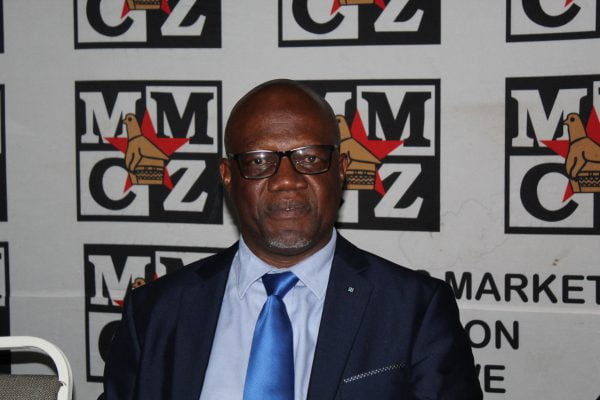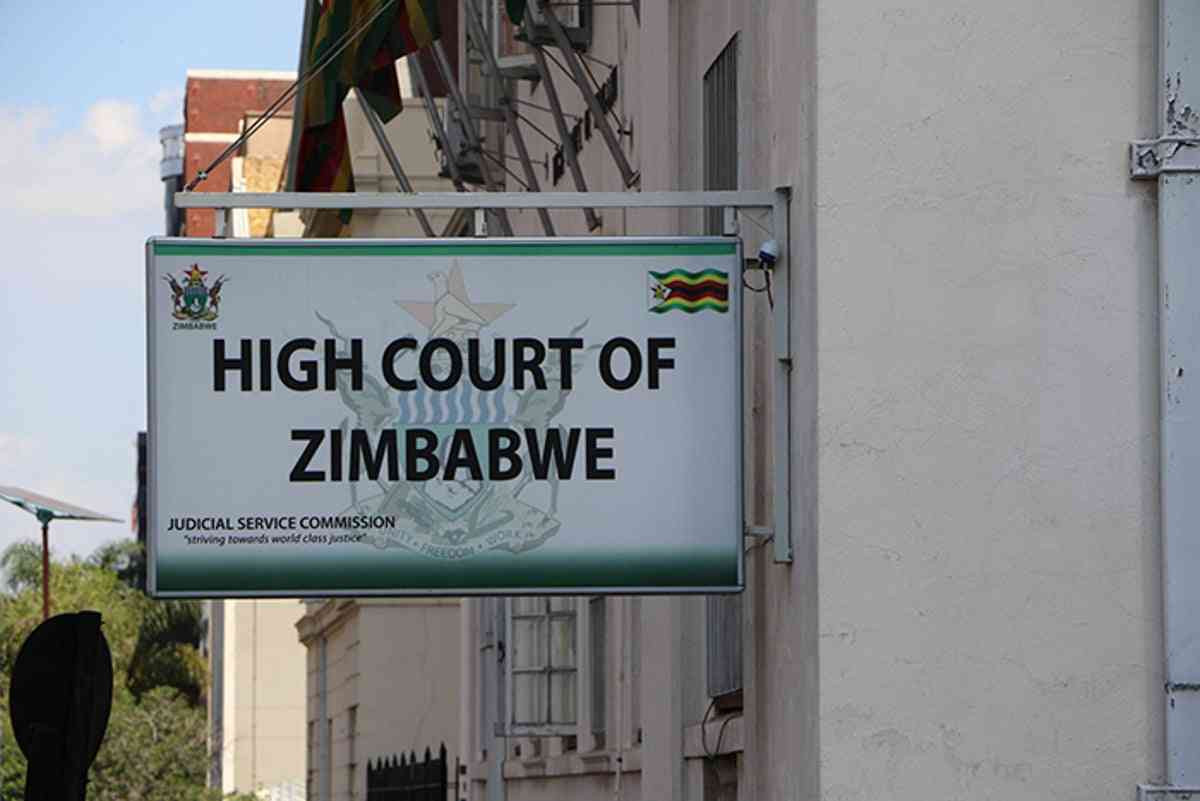
THE Zimbabwean government has reportedly given preference to Belarusian diamond buyers to snap-up the gems under unclear circumstances.
This comes at a time when the country’s state-run mining entity Zimbabwe Consolidated Diamond Company (ZCDC) is battling to come up with a robust marketing framework.
The ZCDC, an amalgamation of firms which were shut down over allegations of understating their earnings, was formed in 2016, following a directive from former president Robert Mugabe.
At that time, although Mugabe’s pronouncements were dismissed, the long-time ruler had declared that the country had lost US$15 billion through understated diamond sales.
ZCDC, sources said, is now sitting on vast stock piles while working “on a framework” to get back on the market.
However, in an interview, Minerals Marketing Corporation of Zimbabwe (MMCZ) general manager Tongai Muzenda yesterday refuted allegations that there were handpicked buyers.
“There are no companies participating at the auctions from Belarus but the problem could be on the ownership side.
“Most of the companies participating in our auctions are from Dubai, Antwerp (Belgium) and India,” he said.
- Byo Arts Festival in turmoil…One year later, festival has yet to pay artists…Organisers play cat and mouse with artists
- Court grants businessman’s ex-girlfriend peace order
- Let the music play at JamAfro Festival
- Billionaire UAE prince targets Zim aviation, real estate business
Keep Reading
Muzenda said there were some African companies participating in the auctions as well.
“We have got a few African buyers especially from South Africa and a few from Botswana. We also have some other European countries that participate at the auction.
“There are three players currently mining and marketing diamonds in Zimbabwe, that is, ZCDC, Anjin and Murowa Diamonds who are a private player in the industry.
“For Murowa all their diamonds go to Antwerp but for the other companies we go for auctions.”
He said most of the auctions are held at the MMCZ premises in Msasa and at the Robert Mugabe International Airport depending on the agreements with potential buyers.
But over the years, the underfunded parastatal has been beset by a myriad of challenges, key of which has been its lax security system, which on many occasions has been breached resulting in the smuggling and robbery of the country’s rough stones.
As reported successively by the Independent in 2020, the mining firm lost a substantial quantity of diamonds after armed robbers broke into its vaults.
Following the discovery of Zimbabwe’s alluvial diamonds in 2008, at that time forecast to satisfy 25% of global demand, the Southern African country had placed a bet on the gems as a key resource to leverage efforts to turn around its fragile economy.
Robbery incidents at ZCDC and its porous security systems have subsequently led President Emmerson Mnangagwa’s administration to look for alternative buyers, with Belarus emerging as the preferred suitor.
However, ZCDC last year, a first in the company’s mining history, declared a dividend to its sole shareholder, casting hope that the African country was now on a path to realising value from its gems.
Zimbabwe’s flirtation with Belarus and particularly its leader took off in 2015, when Mnangagwa then Mugabe’s deputy, met with the Eastern European country’s leader Alexander Lukashenko.
Both countries were slapped with sanctions by the West for human rights violations, among other charges.
Sources with intricate details on the opaque marketing process of Zimbabwe’s diamonds told this publication this week that Harare was now selling its gem parcels to Minsk, in part to circumvent Western sanctions, and to also finance “other high priority security needs”.
This year in July, Harare announced that it was procuring fire engines from Minsk through a controversial multi-million-dollar deal transaction that triggered intense debate.
But before then, Zimbabwe has also relied on Belarus to satisfy its arms procurement needs, with the Stockholm International Peace and Research Institute (Sipri) reporting in 2020 that Zimbabwe had purchased weaponry worth US$90 million across the world, part of which was sourced from Belarus.
Sipri, established in 1966, is an independent international think-tank dedicated to research into conflict, armaments, arms control and disarmament.
Belarusian buyers have reportedly won a contract to buy the country’s diamonds under an unclear process with indications that the state-owned diamond miner ZCDC is holding on to its production following scandals that recently rocked diamond marketing in the country.
There are indications that the government opted for Belarusians who happened to be President Emmerson Mnangagwa’s close allies following years of scandals that had hogged the limelight at the MMCZ.
“Belarusians are the new buyers of diamonds in the country and due to scandals that rocked the sector, ZCDC has been holding on to its diamond stockpile while it works on coming up with a solid framework around the selling of diamonds.
“MMCZ has been under spotlight for too long around issues of corruption and ZCDC had to hold on to its production. There are indications that the president is opting for Belarusians,” a source said.






